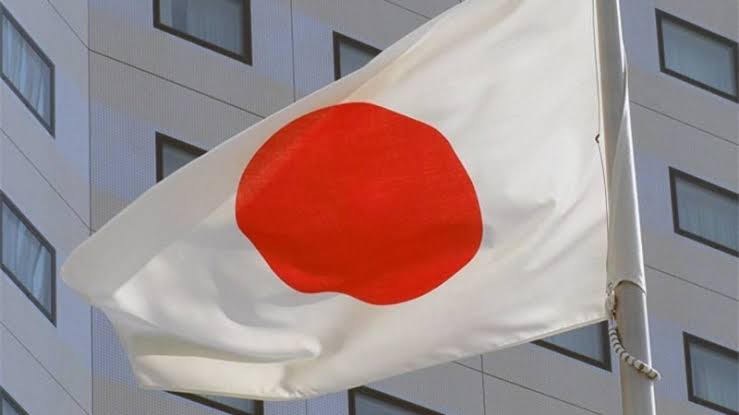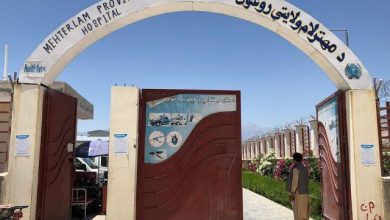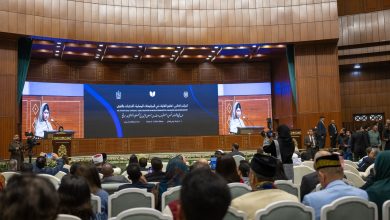Japan Announces Additional US1.5 Million in Aid to UNFPA in Afghanistan

Weezha Roz- The United Nations Population Fund (UNFPA) in Afghanistan has announced the receipt of an additional US1.5 million in funding from the Government of Japan to be allocated to underserved provinces, including Kandahar, Faryab, and Nangarhar.
This contribution comes at a critical time as Afghanistan continues to face a growing and prolonged humanitarian crisis. According to the Afghanistan Humanitarian Needs and Response Plan 2025, more than half of the country’s population is in need of humanitarian assistance, including approximately 17 million people requiring urgent health services.
The one-year project funded by Japan aims to ensure that approximately 60,000 women, girls, and children under five have access to life-saving services, including reproductive, maternal, neonatal, and child health care, as well as psychosocial support.
In a statement, UNFPA expressed its gratitude for Japan’s supplementary contribution, which will enable the UNFPA to provide integrated and inclusive health services to the most vulnerable populations.
*Kwabena Asante-Ntiamoah*, UNFPA Representative in Afghanistan, remarked, “At a time when Afghan women and girls are facing unprecedented challenges, this funding reaffirms our shared commitment to protecting their health, dignity, and well-being.”
According to UNFPA, the key interventions of this project will include operational support for 20 Family Health Houses in Kandahar and Faryab provinces, providing antenatal care, safe delivery services, birth spacing, and child health services. The project will also support two Mother and Child Health Centers in Nangarhar, offering reproductive health services, psychosocial support, and vocational skills training.
UNFPA will also distribute Mother & Baby Kits and Dignity Kits for women and girls in need. Furthermore, the funding will support capacity-building for female healthcare workers to provide high-quality care.
This initiative aligns with UNFPA’s mission to ensure that no one is left behind in accessing essential health and psychosocial services, with a focus on underserved areas with limited access to health facilities. The project will also prioritize disability inclusion and community-based engagement to maximize its impact.
UNFPA extends its gratitude to the Government and people of Japan for providing this critical support to the women and girls of Afghanistan.
Weezha Roz




